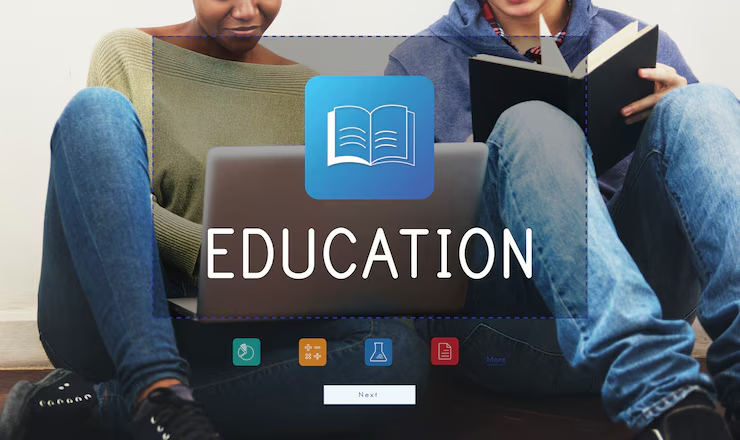Physical Address
304 North Cardinal St.
Dorchester Center, MA 02124
Physical Address
304 North Cardinal St.
Dorchester Center, MA 02124

The Ministry of Education in the UAE has announced a forward-thinking overhaul of the high school educational streams to better align with students’ career goals. Starting in the 2025–2026 academic year, this strategic update aims to prepare young minds for evolving labor market demands while offering them more personalized learning pathways.
This article explores the key changes, the rationale behind them, and how they aim to benefit students, educators, and parents alike.
The redesign comes after thorough field studies involving educators, parents, and an analysis of recent student trends. Sarah Al Amiri, Minister of Education, highlighted that the updates focus on equipping students with the skills and academic foundations required in a dynamic labor market.
“The student is at the center of the educational process,” said Al Amiri. With this initiative, educational pathways in high schools will now be streamlined to ensure students can make informed decisions that align with their interests and university aspirations.

Under the new system, high school curricula will now revolve around two main streams:
Focused on helping students refine foundational knowledge across various subjects, the General Stream provides a holistic education experience. Students in this stream can pursue university majors such as humanities, law, social sciences, business administration, arts, and police sciences.
Tailored for students aiming for careers in medicine, engineering, pharmacy, and the sciences, the Advanced Stream places a stronger emphasis on subjects like physics, chemistry, and biology. A minimum score of 80% in English, Mathematics, and Science is required for enrollment in this stream.
Students entering Grade 9 will now enjoy greater flexibility. They can choose their stream based on their interests, supported by academic counselors and detailed guidance plans involving students and parents.
The revamped high school streams come with tailored approaches that provide several unique benefits:
Rather than emphasizing quantity, the Ministry prioritizes building depth in students’ knowledge. Al Amiri explained that elective subjects remain available but are crafted to cater to each stream’s educational objectives.
Students in Grades 11 and 12 can transition between streams if their aspirations or needs evolve. This ensures compatibility with dynamic career goals over time.
To ease the shift to the new system, the Ministry will hold workshops for students, parents, teachers, and counselors. Comprehensive manuals will provide guidance to help each stakeholder adapt successfully to the changes.
The Ministry has ensured that both streams align with UAE’s higher education entry standards. This collaborative approach between high schools and universities will allow students to transition seamlessly into further studies and careers.
The rollout of these updates involves several strategic measures to reduce disruption and ensure seamless adjustments for students and faculty:
The UAE’s Ministry of Education has clearly acknowledged the growing need for skill-based and specialized education to prepare students for the demands of an increasingly competitive labor market. By working closely with higher education institutions and integrating these updates into Cycle 2 outcomes, the aim is to create a cohesive education system that lays a strong foundation for future success.

One of the key aspects of this transformation is empowering students and parents to participate actively in educational planning. With detailed academic guides and counseling services, families now have more control over shaping a student’s academic pathway.
The UAE’s revamped high school system is a significant stride toward building an adaptive and future-ready education framework. By focusing on quality education, flexible learning pathways, and targeted skill-building, it creates opportunities for students to thrive both academically and professionally.
For parents and students, this change represents a chance to take an active role in aligning education with aspirations. With comprehensive guidance already in place, the transition to these updated streams is set to be a smooth one.